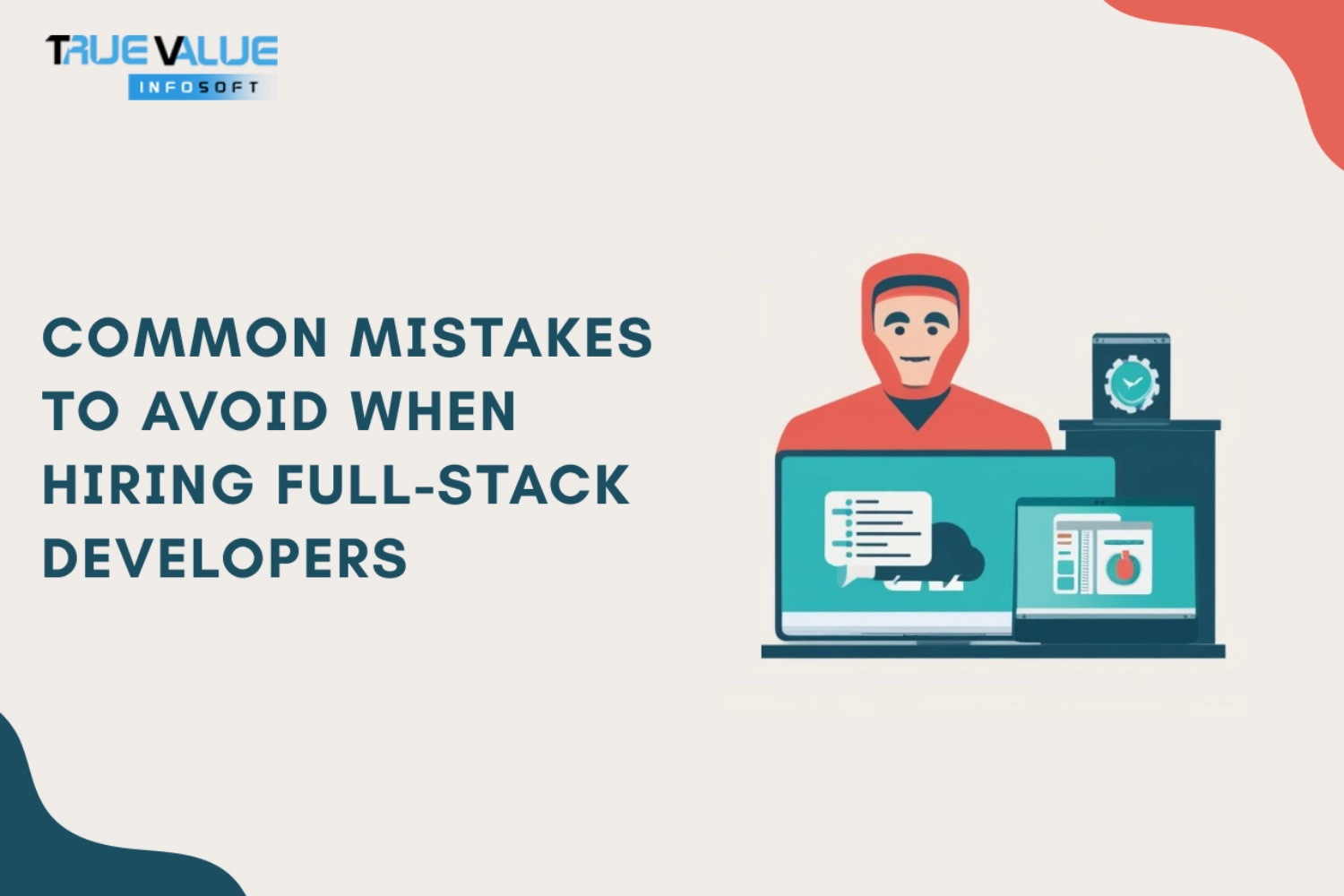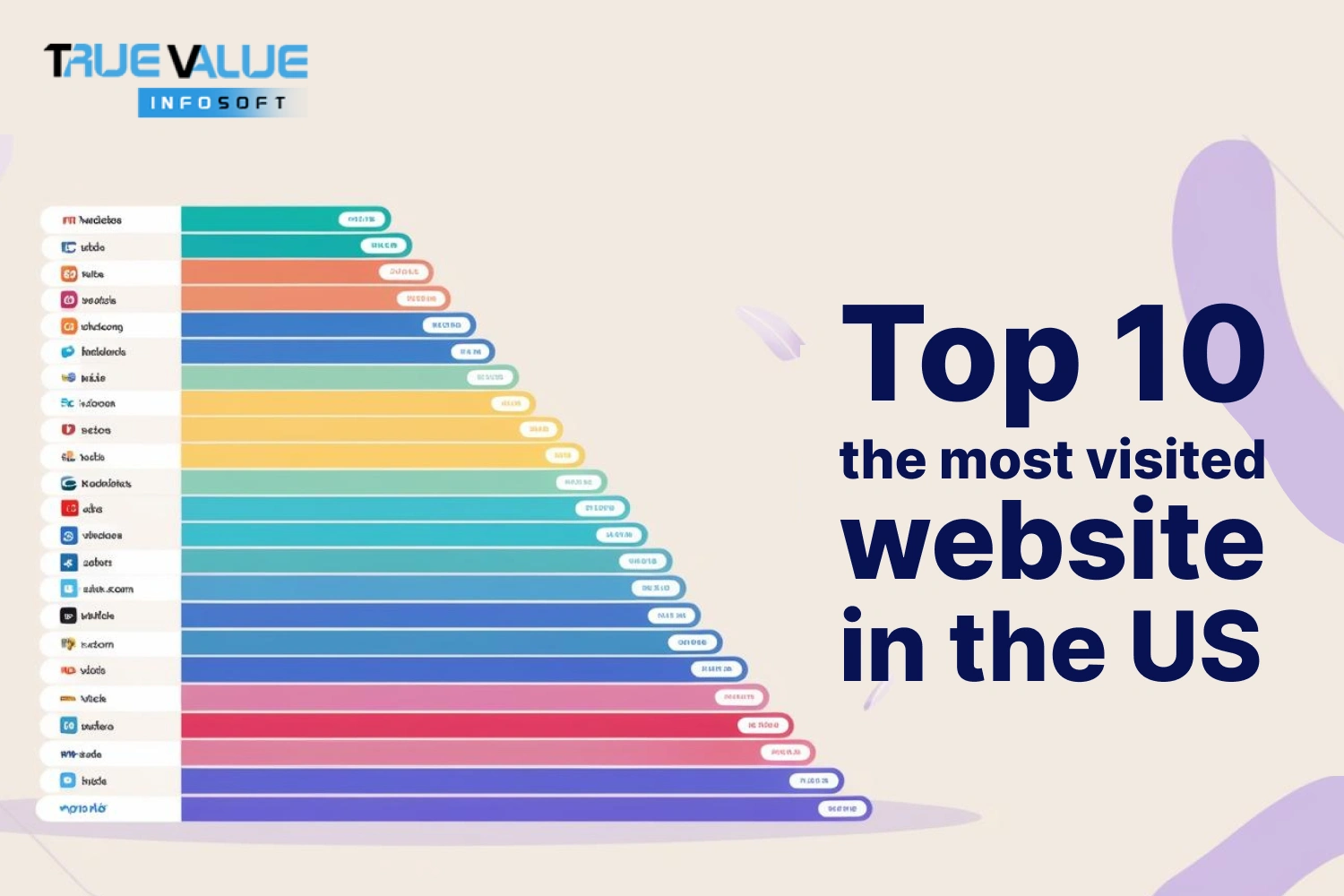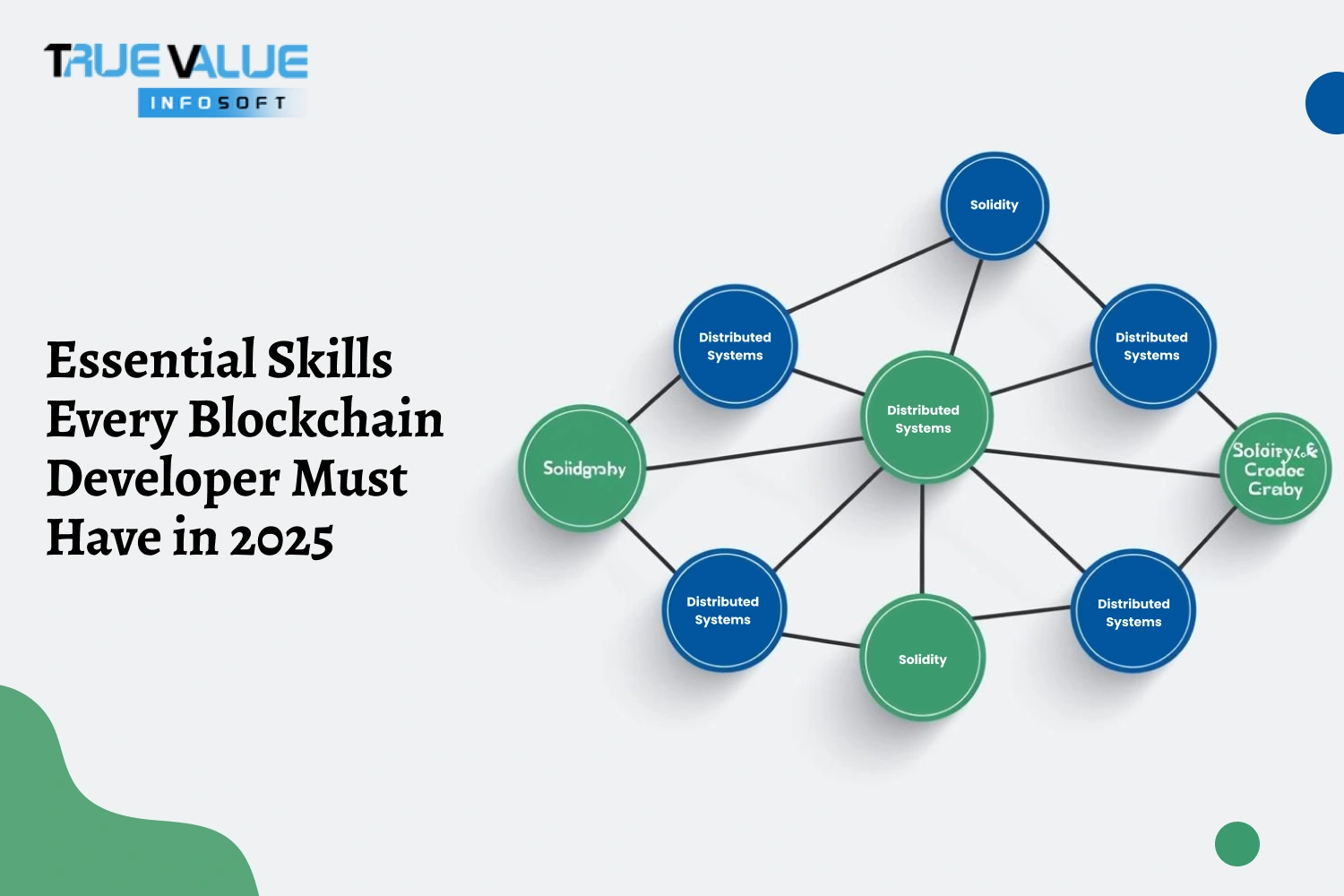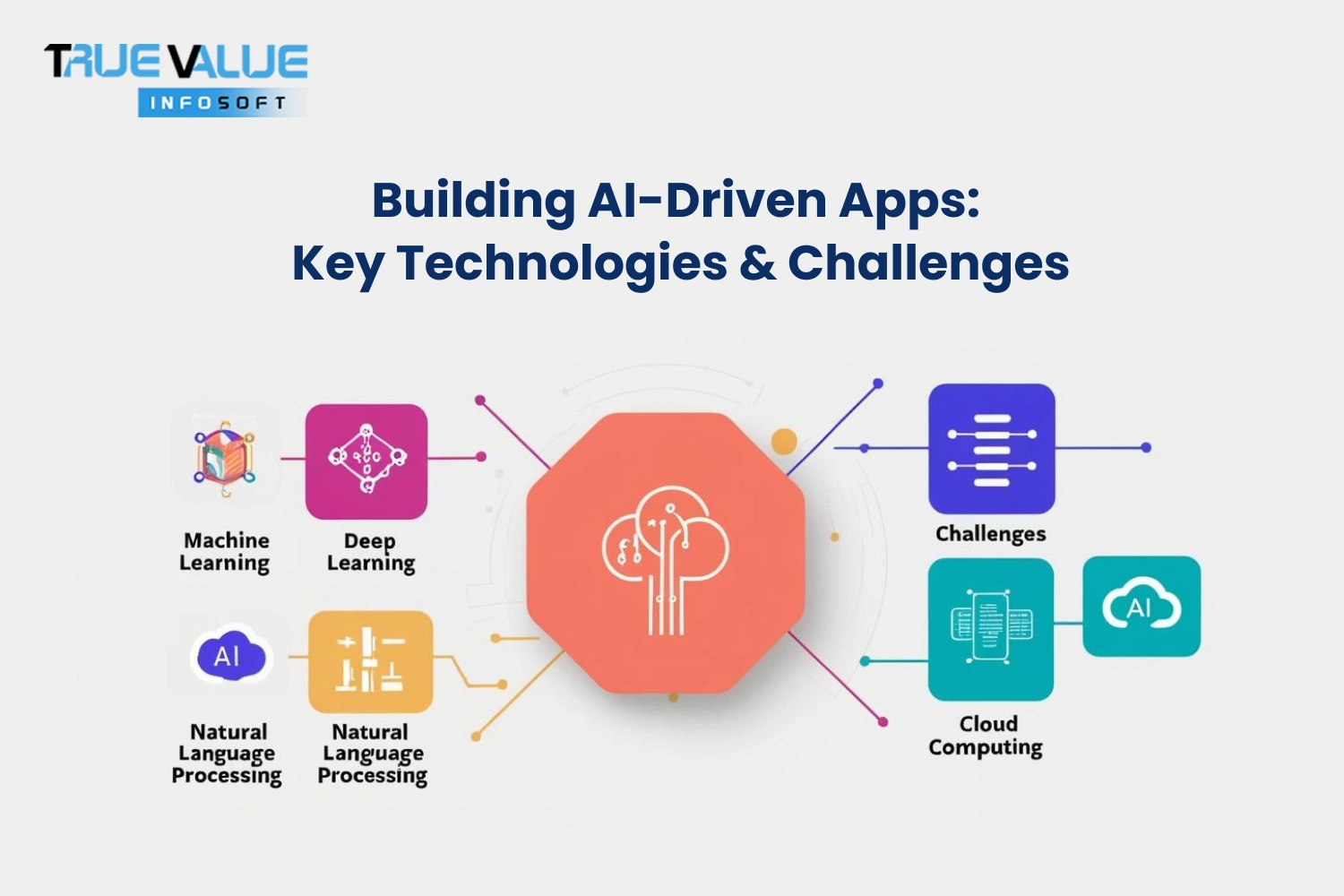Introduction
The process of hiring full-stack developers is no easy task. Full-stack developers possess the skills necessary to handle both front-end and back-end development, making them highly valuable for web development projects. However, these developers come with different skill sets, and hiring the wrong developer can lead to major inefficiencies, delays, and wasted resources.
As businesses grow, their technological needs become more sophisticated. Full-stack developers are typically tasked with building applications that function seamlessly across multiple devices, ensuring that the user experience is intuitive, and the code is optimized for performance. But hiring the right candidate requires more than just reviewing resumes. It’s about understanding the specific requirements of your project, evaluating technical proficiency, assessing soft skills, and ensuring that the developer fits well within your organizational culture.
In this blog, we will explore common mistakes businesses make when hiring full-stack developers. We’ll also discuss how to avoid these mistakes to ensure you make the right hiring decision. Whether you're building a new application, revamping an old one, or developing a high-traffic website, this guide will help you choose the best candidate for the job.
Before diving into the common mistakes, it’s essential to highlight how True Value Infosoft, the best IT company in India, can help you with your full-stack development needs. With a highly skilled team of full-stack developers, True Value Infosoft ensures that your web development projects are handled with expertise, innovation, and precision. Our commitment to delivering excellence is why we’re a trusted partner for many businesses around the world.
Mistake 1: Not Defining the Project Scope Clearly

When hiring a full-stack developer, one of the biggest mistakes you can make is not having a clear understanding of your project’s scope. Full-stack developers can work on both the front end (what users see and interact with) and the back end (the underlying infrastructure that makes the app work), but if the project scope is vague, you risk hiring a developer who may not possess the exact skills necessary for your needs.
Why It’s a Problem: Without a defined scope, there is no way to accurately evaluate the developer’s suitability for the project. Some full-stack developers may specialize in certain technologies or tools that may not align with your needs, and others may lack specific expertise. As a result, you may end up with a developer who is unable to complete the tasks efficiently or effectively.
How to Avoid It: Define the project scope as clearly as possible before initiating the hiring process. This means outlining the functionality of the product, the user interface (UI) and user experience (UX) expectations, the tech stack required, and any other relevant details. Create a detailed requirements document and discuss it with your hiring team to ensure everyone is on the same page before starting the search for a developer.
Mistake 2: Focusing Only on Technical Skills

When hiring full-stack developers, it’s easy to become obsessed with technical skills. While coding languages and frameworks like JavaScript, Node.js, React, or Python are essential, soft skills are just as crucial. A developer’s ability to communicate effectively, solve problems, and collaborate with other team members can often make the difference between a successful project and one that faces constant delays.
Why It’s a Problem: Focusing only on technical proficiency overlooks the importance of a developer’s interpersonal skills. Full-stack developers often work in teams, and poor communication can lead to misunderstandings, inefficiencies, and subpar results. Additionally, developers with strong problem-solving abilities can tackle complex issues that arise during development.
How to Avoid It: When interviewing full-stack developers, include questions that assess their communication skills, ability to work with others, and how they approach problem-solving. Ask about past experiences where they had to collaborate with designers, project managers, or other developers, and how they handled challenges that arose during those collaborations.
Mistake 3: Ignoring the Developer’s Ability to Prioritize Tasks

Full-stack development can often involve juggling multiple tasks and deadlines. Developers need to be able to prioritize work, manage their time efficiently, and stay organized. Hiring a developer who struggles with task prioritization can lead to missed deadlines, project bottlenecks, and frustration for the entire team.
Why It’s a Problem: Without good time management, projects are likely to experience delays, which can lead to a ripple effect on other dependent processes. Furthermore, when a developer lacks the ability to prioritize tasks properly, they may end up focusing on low-priority issues, neglecting the more critical aspects of the project.
How to Avoid It: During the interview process, assess the candidate’s approach to task management. Ask them how they have managed multiple projects or deadlines in the past. You could also present them with a hypothetical situation where they need to manage multiple tasks with competing deadlines and see how they respond.
Mistake 4: Not Verifying Real-World Experience

It’s one thing to have a developer who understands theoretical concepts and technologies; it’s another to have someone who has practical experience applying them in real-world situations. A resume filled with technical skills or certifications doesn’t always equate to successful project execution.
Why It’s a Problem: Many developers may possess a wide array of technical skills, but they may not be able to implement them effectively when working on a live project. Real-world experience ensures that a developer is familiar with the challenges that come up during development, such as debugging issues, optimizing performance, and troubleshooting problems.
How to Avoid It: Review the developer’s portfolio and ask for concrete examples of past work. Don’t settle for just a list of technologies they are familiar with. Request case studies or detailed examples where they solved complex problems, improved website performance, or built scalable applications. The more real-world examples they can provide, the better.
Mistake 5: Failing to Assess Cultural Fit

The technical skills of a full-stack developer are important, but so is the cultural fit. A developer who does not align with the values and culture of your company can cause disruption and lead to poor collaboration. A poor cultural fit can affect team morale, communication, and overall productivity.
Why It’s a Problem: Hiring a full-stack developer who does not integrate well with the team can cause delays, misunderstandings, and reduce the overall effectiveness of the project. If a developer is not adaptable to your company’s culture or work environment, they may struggle to work cohesively with the rest of the team.
How to Avoid It: Evaluate the candidate’s personality, work ethic, and values during the interview process. Ask questions about their preferred work environment and how they handle conflicts or challenges in team settings. Consider conducting a cultural fit interview where you assess their alignment with your company’s mission, values, and objectives.
Mistake 6: Overlooking the Importance of Security Knowledge

In today’s world, security should be a top priority in web development. A full-stack developer needs to have strong knowledge of security best practices to prevent vulnerabilities in the application. If security is neglected during development, your website or app could be vulnerable to hacking, data breaches, and other malicious activities.
Why It’s a Problem: Web applications are prime targets for cyber-attacks. If a full-stack developer lacks knowledge in secure coding practices, such as data encryption, authentication, and securing APIs, your application will be at risk from day one.
How to Avoid It: Ask candidates about their experience with security practices and their knowledge of security vulnerabilities (e.g., SQL injection, cross-site scripting). Ensure they understand how to implement proper security measures throughout the development process and know how to comply with security standards, such as GDPR or PCI-DSS.
Mistake 7: Underestimating the Importance of Scalability

Scalability is crucial for web applications that are expected to grow. A full-stack developer must have a solid understanding of building applications that can scale as the user base grows or new features are added. If scalability is overlooked, your app may experience performance degradation as traffic increases, leading to user dissatisfaction and lost opportunities.
Why It’s a Problem: If scalability is not considered during the development process, your website or app could face slow performance, downtime, and issues with handling high traffic. These issues can severely affect the user experience, and fixing them after the fact is often costly and time-consuming.
How to Avoid It: Make scalability a priority during the hiring process. Ask candidates about their experience designing applications for scalability. Inquire about their understanding of cloud services, database optimization, load balancing, and other techniques used to ensure that applications can scale seamlessly.
Mistake 8: Rushing the Hiring Process

In the rush to get projects off the ground, many businesses make the mistake of hiring too quickly without taking the time to properly vet candidates. While time-to-market is essential, rushing the hiring process can result in poor choices, leading to significant setbacks down the road.
Why It’s a Problem: A rushed hiring process can lead to the selection of developers who aren’t the best fit for the role, leading to miscommunication, subpar work, and increased costs to correct mistakes.
How to Avoid It: Take your time to thoroughly evaluate candidates. This includes reviewing their technical skills, asking behavioral questions, and conducting multiple rounds of interviews if necessary. Don’t cut corners in the hiring process just to speed things up. Take the necessary time to ensure you’re making the right decision.
Why Choose True Value Infosoft for App Development
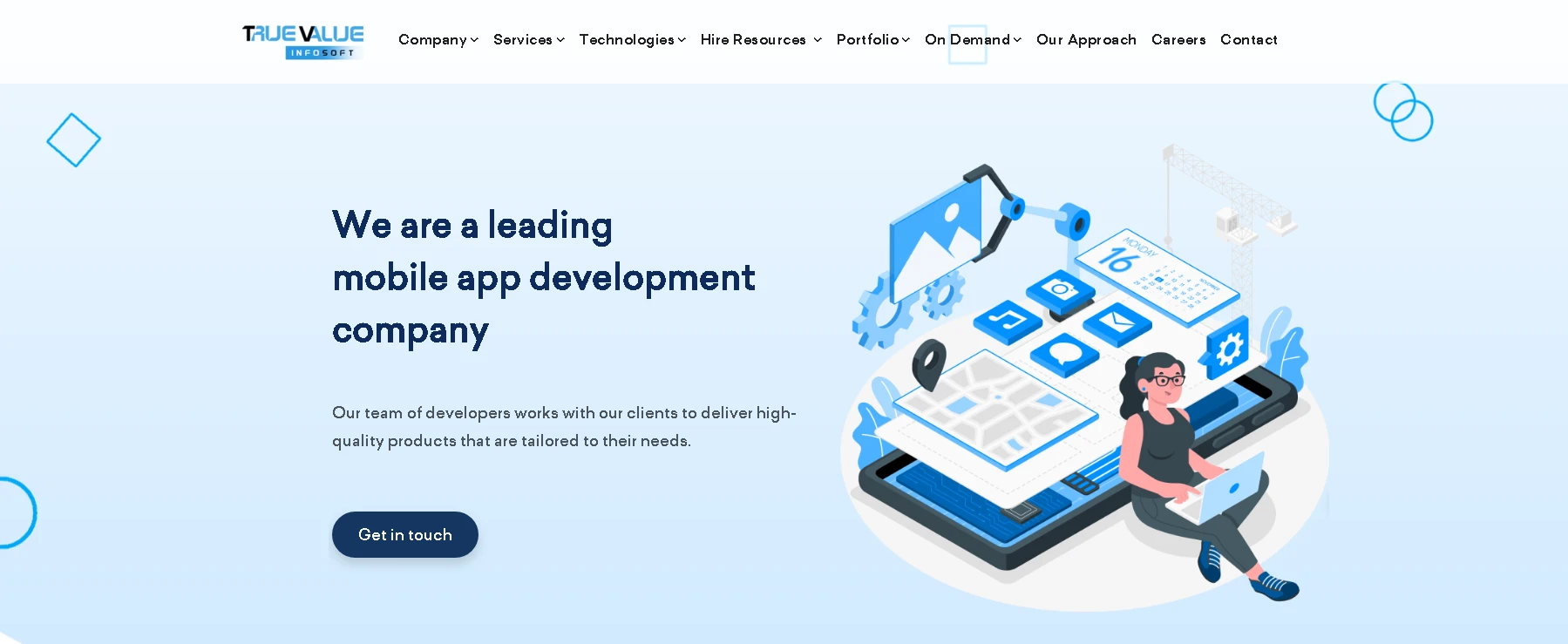
True Value Infosoft, the best app development company in India, is a trusted partner for businesses seeking innovative and reliable mobile and web application solutions. Our team of experienced developers, designers, and strategists work collaboratively to create apps that meet your specific needs and exceed user expectations.
- Expertise and Experience: True Value Infosoft is a leading app development company in India, with a team of highly skilled developers, designers, and strategists experienced in building a wide range of mobile and web applications.
- Innovative Solutions: We leverage the latest technologies and frameworks to create innovative, user-centric apps that meet your specific business requirements and offer exceptional user experiences.
- High-Quality Deliverables: Our focus is on delivering top-quality, scalable, and secure applications that are future-ready and optimized for performance.
- Customer-Centric Approach: We prioritize understanding your business goals, ensuring that your app aligns perfectly with your vision and objectives.
- Strong Communication Skills: Our developers possess excellent communication and problem-solving skills, ensuring smooth collaboration and a seamless development experience.
- Cost-Effective Solutions: We provide affordable app development services without compromising on quality, making us an ideal partner for businesses of all sizes.
Conclusion
Hiring a full-stack developer is a significant decision that can make or break your project. By avoiding the common mistakes outlined in this article, you can ensure that you hire a developer who is not only technically skilled but also a good cultural fit for your team and project. At True Value Infosoft, we understand the complexities involved in building modern web applications. Our team of full-stack developers is dedicated to delivering high-quality, secure, and scalable solutions that align with your business goals.
When you choose True Value Infosoft, the top IT company in India, you gain access to a team of developers who possess both the technical and interpersonal skills necessary for the success of your project. We take the time to understand your needs, collaborate closely with you, and deliver results that exceed expectations.
If you’re ready to hire a full-stack developer who will help take your business to the next level, Contact True Value Infosoft today to discuss your project requirements!
FAQs
Hiring a full-stack developer requires evaluating both front-end and back-end expertise. Unlike specialized roles, full-stack developers need a well-rounded skill set, including proficiency in multiple programming languages, databases, APIs, and sometimes even DevOps. Failing to assess both sides of their capabilities can lead to hiring someone who is strong in only one area.
One of the biggest mistakes is focusing solely on technical skills and ignoring real-world experience. A candidate may know many tools in theory but struggle to apply them in a project environment. Not assessing past projects, problem-solving abilities, and teamwork experience can result in hiring someone who doesn't deliver practical value.
Not necessarily. Hiring a full-stack developer for a project that only needs front-end or back-end work can be overkill and more expensive. In such cases, it's better to hire a specialist. Full-stack developers are ideal when your project needs flexibility and quick switching between layers of development.
Extremely important. Full-stack developers often collaborate across teams and manage multiple parts of a project. If they don’t fit well culturally or lack communication skills, it can slow down the development process or create team conflicts, even if they are technically proficient.
No. While coding tests can verify technical ability, they don't reveal much about a developer’s architectural thinking, adaptability, or collaboration skills. Always combine coding challenges with interviews, portfolio reviews, and real-world problem-solving discussions.
